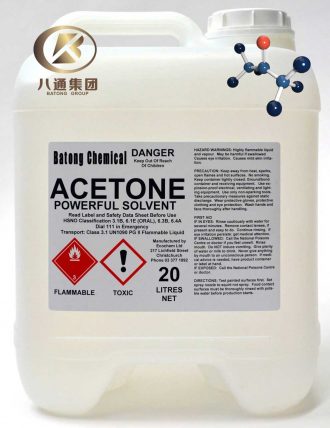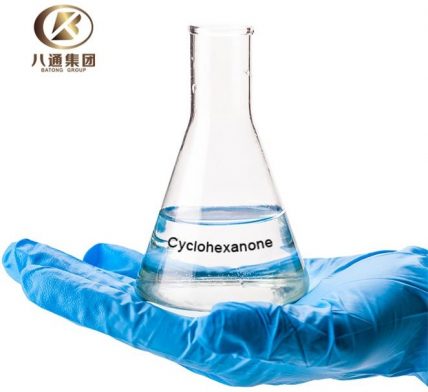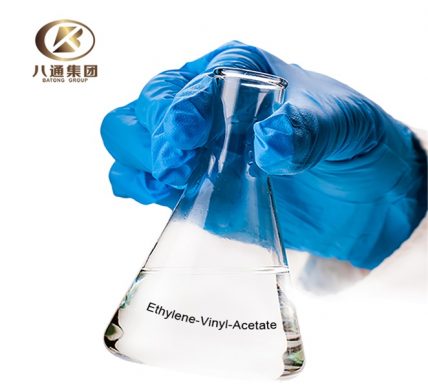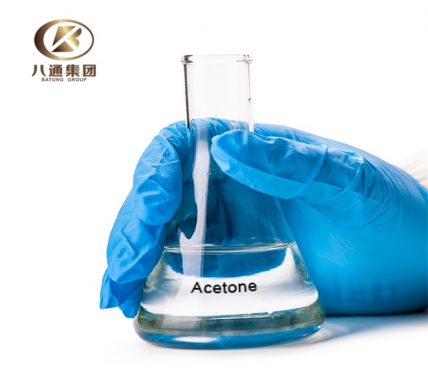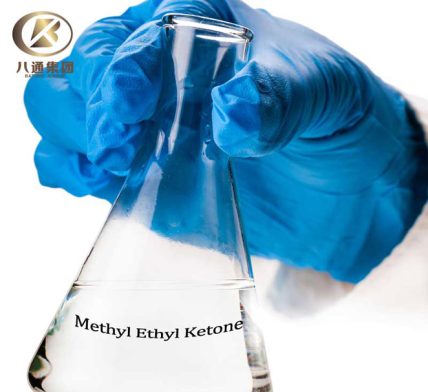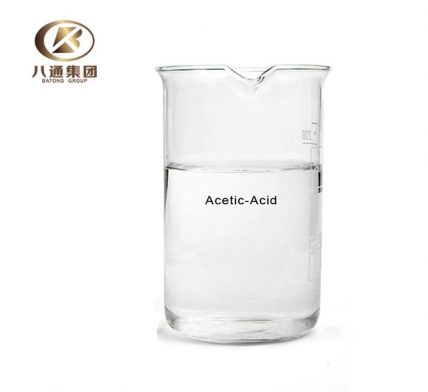Methyl Ethyl Ketone (MEK) and Acetone are both solvents used in various industries. They share some similarities but also have distinctive differences. Here are some of them:
- 1. Structure: The fundamental difference lies in their chemical structure. MEK consists of four carbon, eight hydrogen, and one oxygen atom, while Acetone consists of three carbon, six hydrogen, and one oxygen atom.
- 2. Strength: MEK is a stronger solvent than Acetone. It takes longer to evaporate and is often used for tasks that require a slower evaporation rate.
- 3. Application: Because of its stronger nature, MEK is often used in industrial applications such as in the manufacture of plastics, and textiles, and in the creation of paraffin wax. On the other hand, Acetone is commonly used as a nail polish remover in laboratories.
- 4. Safety: Both are flammable and have strong odors, but Acetone is generally considered safer and less damaging to the environment.
- 5. Cost: Acetone is usually cheaper than MEK.
Remember, both substances should be used with care, as they can be harmful if mishandled. Always follow safety guidelines when using these chemicals.



